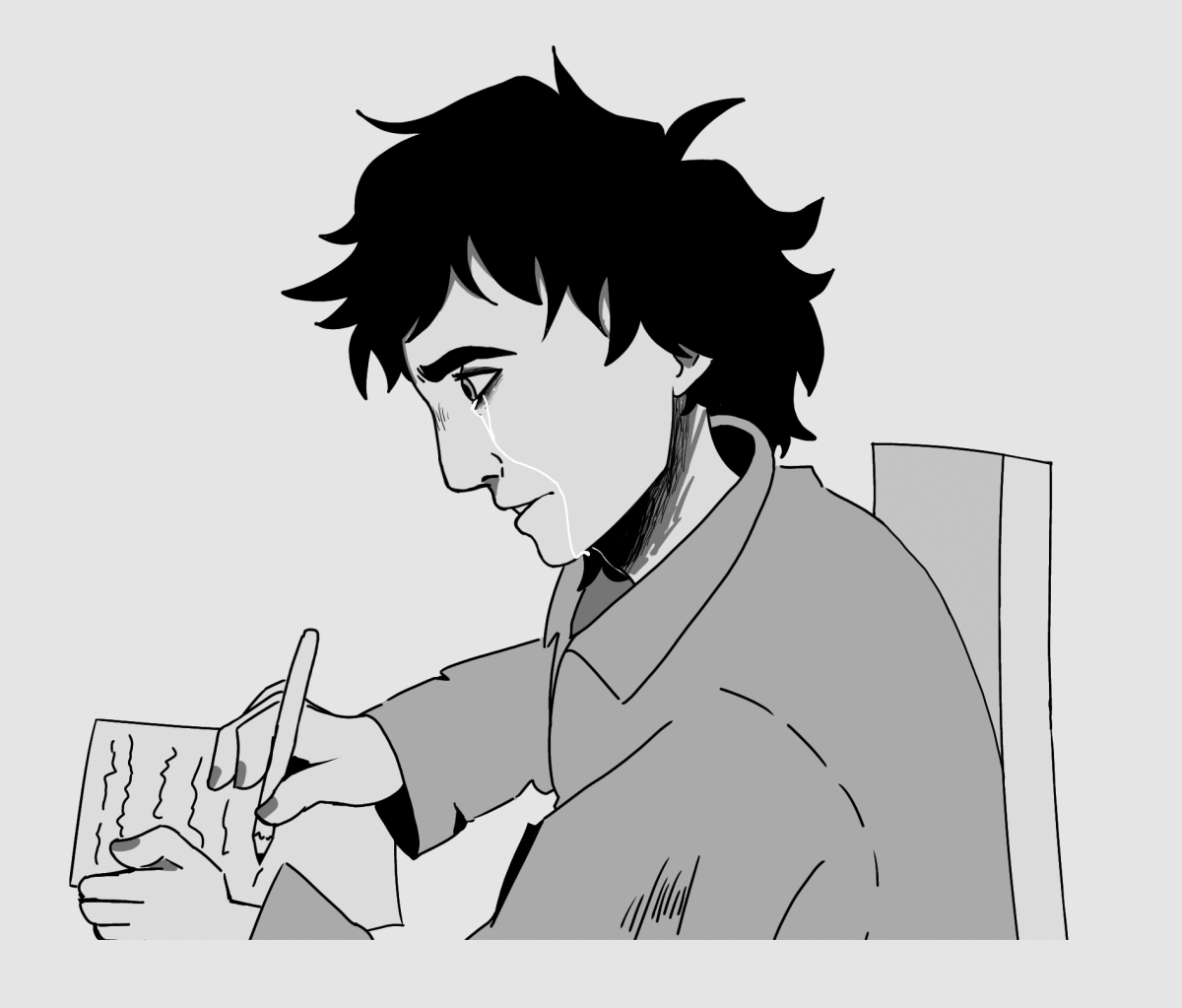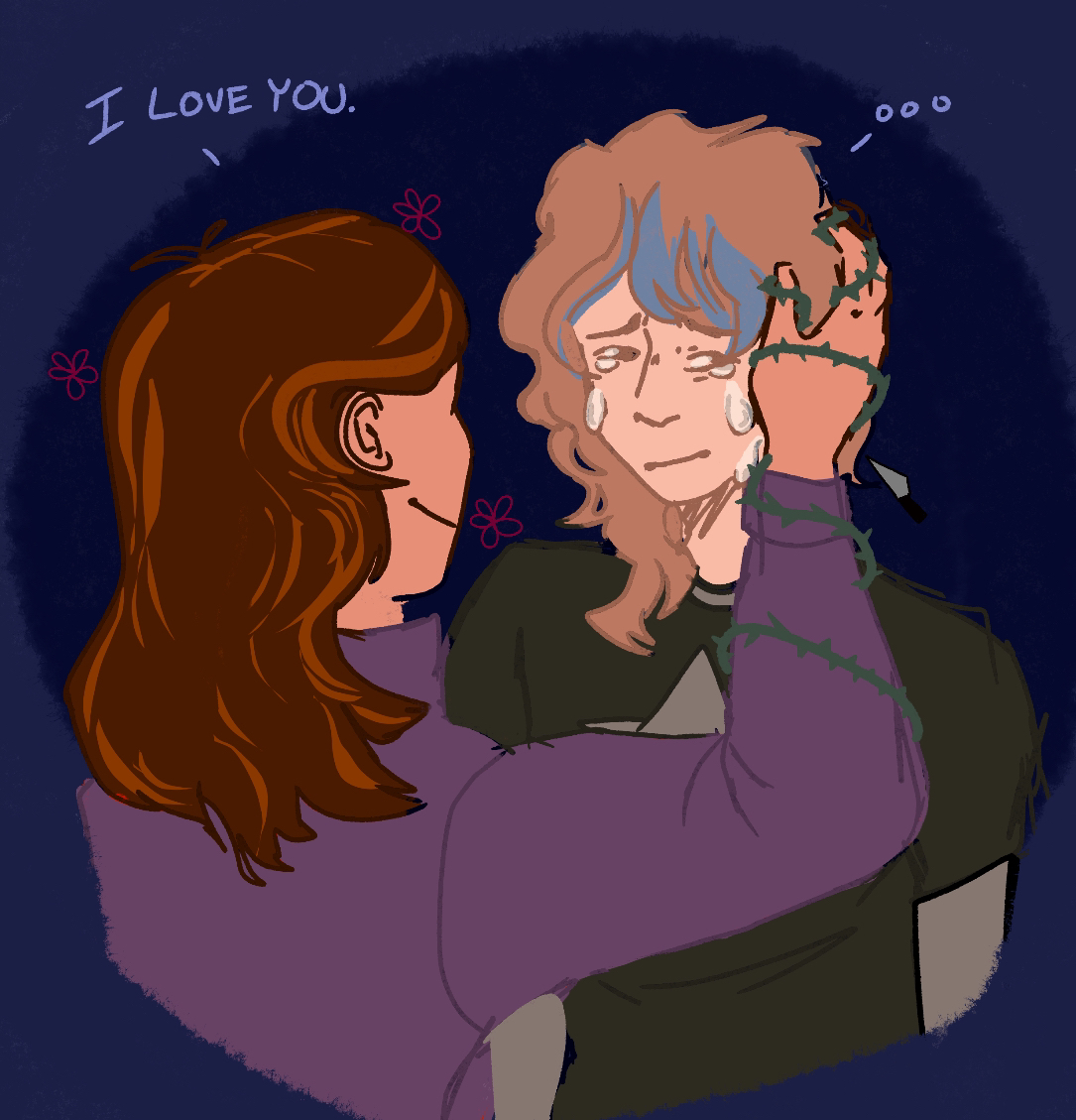
It has been more than three years since the Washington State Legislature banned conversion therapy on anyone under the age of 18, but the impact of this once accepted practice is still being felt among teens in more than half of the country.
Conversion therapy is a practice that goes back centuries, with the goal of converting those who identify as LGBTQIA+ to what society views as a “normal” sexuality or gender identity. S.B. 5722 was written with the intent of banning therapists from performing conversion therapy on anyone under the age of 18 regardless of their sexuality or gender identity.
Still, conversion therapy on minors remains legal in 26 states, more and more of them have been banning the practice. Since 2016, 97 individual cities have outlawed it as well as two U.S. territories and one school district.
An early record of the practice of conversion therapy came from 1899, when a German scientist claimed that he “cured” a gay man. At that point in time, homosexuality was viewed as a mental illness. Since then, many peoples’ views have changed, but unfortunately, there are still those who believe this practice to be acceptable. This is why it has taken so long to get it banned.
The practice of conversion therapy ranges from simple concepts like talking to a therapist or praying in a church to more extreme practices such as electroshock therapy. Though electroshock therapy seems more harmful in the immediate sense, they are actually both very harmful in their own way.
“I really don’t like it when parents don’t give support to their kids, and then you know they [the parents] are saying it’s a phase or are trying to change them, especially if they are trying to use physical ways to try and change them,” MTHS sophomore Atlis Morrison said. “It might scar you and traumatize you for the rest of your life.”
While everyone’s experience with conversion therapy is different, many of the people who have undergone conversion therapy tend to have high levels of guilt, shame and hopelessness. They are also more likely to have depression, increased chances of substance abuse and thoughts of suicide. Research done at San Francisco State University on the effect of familial acceptance found that LGBTQIA+ youth who were rejected by their families because of their identity or were subjected to conversion therapy were more likely than their LGBTQIA+ peers who were not rejected or only mildly rejected by their families to attempt suicide, report high levels of depression or use illegal drugs.
“There’s no way that you can be converted. It’s not a choice. The only thing conversion therapy would do is scare someone into pretending to be cis[gender] again. Most of the actions that they take to convert someone can be borderline abuse if not just genuine abuse in general,”
— Soot Pederson
“There’s no way that you can be converted. It’s not a choice. The only thing conversion therapy would do is scare someone into pretending to be cis[gender] again. Most of the actions that they take to convert someone can be borderline abuse if not just genuine abuse in general,” MTHS sophomore Soot Pederson, a member of the MTHS GSA, said.
An organization focused on helping those facing conversion therapy is The Trevor Project, a national organization providing crisis intervention and suicide prevention services to people who are lesbian, gay, bisexual, transgender, queer or questioning under the age of 25. The Trevor Project did a study on the mental health habits of minors who are members of the LGBTQIA+ community after going through conversion therapy as a minor compared to the mental health of LGBTQIA+ who had not.
They found that rates of attempted suicide by minors of the LGBTQIA+ community whose parents tried to change their sexual orientation were more than 50 percent to 48 percent, while the rate of LGBTQIA+ adults who reported no conversion experiences said only 22 percent of them attempted suicide. Also, the suicide attempts nearly tripled for LGBTQIA+ minors who reported both home-based and out-of-home efforts to change their sexual orientation. High levels of depression more than doubled for LGBTQIA+ minors whose parents tried to change their sexual orientation as opposed to those who reported no conversion experiences, jumping from 16 percent to 33 percent. The number more than tripled to 52 percent for LGBTQIA+ minors who reported both home-based and out-of-home efforts to change their sexual orientation.
“That [conversion therapy on minors] is even worse. I’m assuming it’s most likely going to be parents or guardians that are going to be sending them, which means you are essentially breaking your child’s trust by forcing them to be something they aren’t,” Pederson said.
Then came S.B. 5722, which was introduced to the Washington State Legislature on Feb. 6, 2017. S.B. 5722 was written in hopes of restricting the practice of conversion therapy on minors. Even though it took over a year, it was passed with 32 yeas and 16 nays on March 28, 2018 after a third reading.
While both Pederson and Morrison agree that this law is important and a step in the right direction, they wish that it could have happened sooner so that more kids would be protected from the lifelong effects of conversion therapy and people forcing heterosexuality and cisgender ideas onto them.
However, since the passage of the bill in 2018, there has been some pushback against this law from those who still don’t accept LGBTQIA+ rights, or those who are driven by the money to be made from conversion therapy. On May 14, 2021, Brian Tingley, who was represented by the anti-LGBTQIA+ advocacy group Alliance Defending Freedom, filed a lawsuit trying to overturn the ban. He claimed that the law passed in 2018 that banned the practice of applying conversion therapy techniques on minors was a violation of his First Amendment rights.
The First Amendment prohibits any law limiting freedom with respect to religion, expression, peaceful assembly or the right of citizens to petition the government. According to Tingley, the ban on conversion therapy suppressed his freedom to practice his religion.
When brought in front of the court, Judge Robert J. Bryan of the U.S. District Court for the Western District of Washington rejected Tingley’s claims alleging that the state’s conversion therapy ban is unconstitutional. State Attorney General Bob Ferguson added that the research is clear: conversion therapy does not work and can be particularly harmful to minors.
While this is one of the many court cases that has arisen regarding the ban of conversion therapy, Morrison said they feel that times are changing, and people are becoming more accepting.
“Times have changed. Even Christian religions are changing to be more accepting. I have also done research of my own, and actually, being gay or trans[gender] was actually never a sin, it was just misinterpreted. I know some priests and stuff who are gay, and I think people are just kind of making up excuses at this point to just get rid of the gays,” they said.
However, Morrison and Pederson both know there is still a lot more change that needs to take place, and they hope that it will happen soon.












